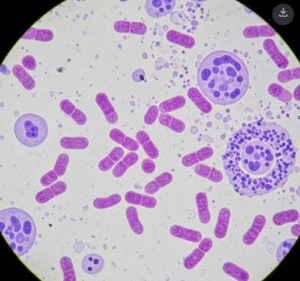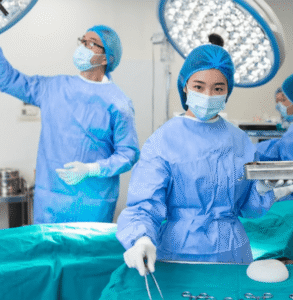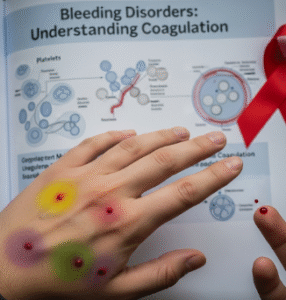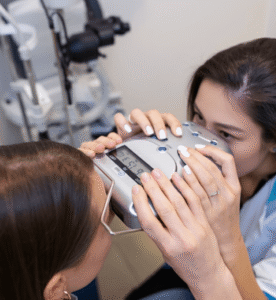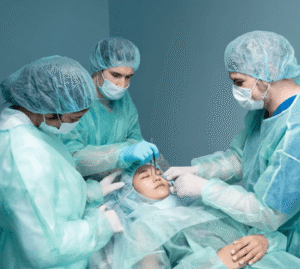Overview
Malaria is a mosquito-borne infectious disease caused by Plasmodium parasites, leading to fever, chills, and anemia. In Korea, malaria cases are relatively rare, but the country monitors infections, especially in border areas and among travelers returning from endemic regions. Specialized infectious disease centers provide prevention, diagnosis, and treatment services.
What is Malaria?
Malaria is caused by Plasmodium species (P. vivax, P. falciparum, P. malariae, and P. ovale) transmitted through the bite of infected Anopheles mosquitoes. It affects red blood cells and can cause severe complications if left untreated. Both children and adults are susceptible, particularly those with weakened immunity or who travel to endemic areas.
Symptoms
- Fever with periodic chills and sweats
- Headache and muscle pain
- Fatigue and weakness
- Nausea and vomiting
- Anemia due to red blood cell destruction
- Jaundice in severe cases
- Seizures or confusion in severe malaria
Causes
- Infection by Plasmodium parasites transmitted by mosquito bites
- Blood transfusions from infected donors (rare)
- Congenital transmission from mother to child (rare)
- Travel to or residence in malaria-endemic regions
Risk Factors
- Living near or traveling to malaria-endemic countries
- Lack of mosquito control measures
- Immunocompromised individuals
- Young children and elderly individuals
- Pregnant women, due to increased susceptibility
Complications
- Severe anemia
- Cerebral malaria causing neurological damage
- Multi-organ failure in severe cases
- Respiratory distress and kidney failure
- Death if not promptly treated
Prevention
- Use of insect repellent and protective clothing
- Sleeping under mosquito nets in endemic areas
- Anti-malarial prophylaxis for travelers
- Indoor mosquito control measures
- Prompt medical attention for febrile illnesses after travel
Treatment Options in Korea
Diagnosis
- Blood smear tests to detect Plasmodium parasites
- Rapid diagnostic tests (RDTs) for quick detection
- PCR tests in specialized labs for species identification
- Complete blood count to assess anemia and platelet levels
Medical Treatments
- Antimalarial medications such as chloroquine, artemisinin-based combination therapy (ACT), or primaquine, depending on the species
- Supportive care for complications like anemia or dehydration
- Hospitalization for severe or complicated malaria
- Monitoring for relapses, particularly with P. vivax infection
Rehabilitation and Support
- Follow-up blood tests to ensure parasite clearance
- Nutritional support to recover from anemia and fatigue
- Patient education on preventing future infections
- Travel advice and prophylaxis guidance for those returning to endemic areas





